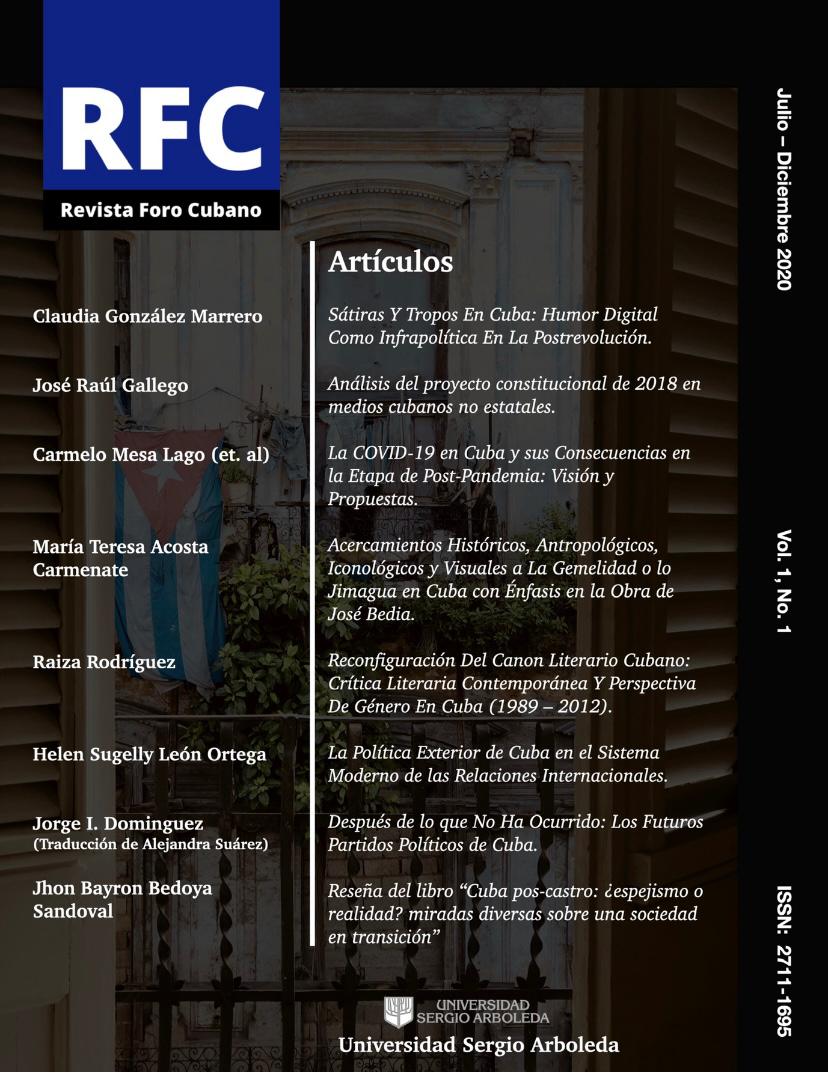Abstract
The article discusses the relationship between literary criticism and canon in the Cuban cultural field. It evaluates the interventions of literary criticism generically marked in the reconfiguration of the national literary canon. I argue that literary criticism in Cuba (patriarchal, hegemonic, authoritarian) is traditionally based on myths constructed onto the authors' literature, in particular myths about its alleged precariousness, ahistoricity and inferiority, which have served as arguments for more deliberate forms of discrimination. The article analyzes essays and literary criticism written by Cuban academics (Luisa Campuzano, Nara Araújo, Mirta Yáñez, Susana Montero, Zaida Capote) from a consciously assumed gender perspective. It offers an overview of the development of gender studies in Cuba from the 1980s to 2012.Once published, the rights of printing and reproduction are from the Sergio Arboleda University.

